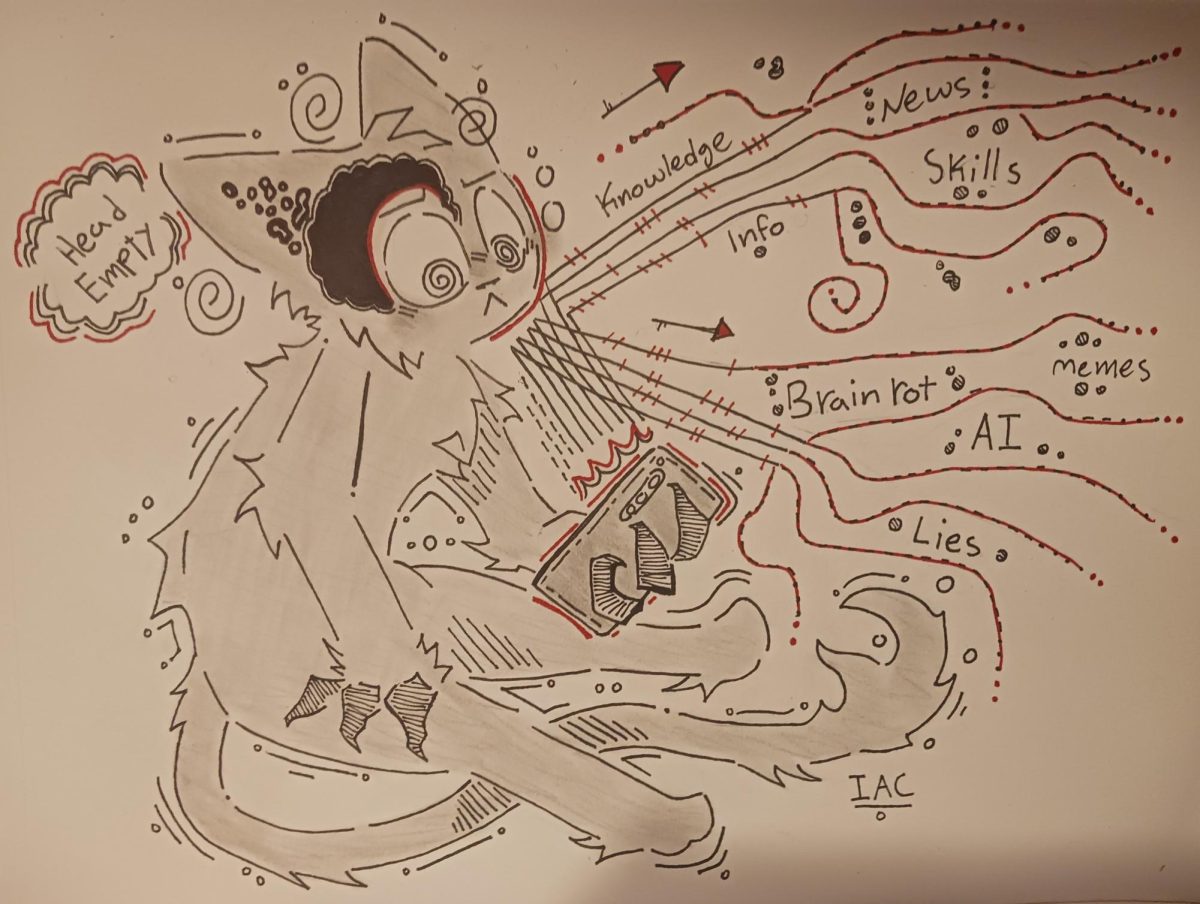It is easy to believe that with the increasing growth of the job market, a college degree has become irrelevant. Although, required education is largely influenced by your professional goals, as well as your life goals. There are many reasons why graduated high school students don’t attend college. Reasons ranging from a gap year turning into an uneducated adult life, cost, deception, or other reasons, has created a significant decrease in college applicants in the present years. However, without a college education, the workforce is an unpredictable place, with no guarantee of work. To employers, a college education shows capability of thinking critically, commitment to a long term project, and the mental capacity to store new information. Furthermore, a college education influences benefits such as pay gain, and creates better chances of securing a position.
Critical thinking is used daily in the workforce from everyday tasks to year long projects. Examples of applying critical thinking in the workplace may be sifting through useful information as well as skeptical, to produce an impactful decision, or communicating with a colleague or client. Critical thinking births revolutionary ideas, helps people make more informed and strategic decisions, solve complex problems, and increase overall productivity. Out of ten employers, nine viewed critical thinking and data analysis as “very important” or “somewhat important” (Liberal Education, 2022), both of which are developed in post-secondary education according to the University of Connecticut. Lastly, according to Director of Research and Professional Development at the Center for Critical Thinking, Richard Paul, as well as President and Executive Director of the Foundation for Critical Thinking, Linda Eder, said, “The quality of our life and that of which we produce, make, or build depends precisely on the quality of our thought.” Critical thinking is the foundation of a strong education, and is needed for success in the workforce.
Education also shows commitment to long term projects, and the mental capacity to store new information. Alike with society, most employers associate academic achievements and intellect closely. As well as intellect, a four year or longer degree shows commitment to a specific niche of the workforce, as well as a demonstration of completing the tasks necessary for an assignment. When employers notice that you have a degree, they expect you’ve been faced with such tasks and surmounted them, resulting in an added boost for college graduates in the workforce.
One of the most convincing reasons to attend college is better pay in the workforce. In 2020 the Iowa Department of Education reported that the average wage value for high school graduates was about $33,000, which follows behind those with at least a bachelor’s degree– who on average made $51,800 yearly. Furthermore, the level of degree impacts earnings as well.
According to a study conducted by GeorgeTown CEW in 2023, the higher the degree, the higher the earnings. This study reported that on average an Associate’s degree-holder earns $1.7 million over a lifetime, whilst a worker with a Bachelor’s degree will earn $2.3 million over a lifetime. Additionally, typical earnings for bachelor’s degree owners make $40,500 (or 86 percent) higher than those whose highest degree is a high school diploma (Association of Public and Land Grant Universities). To conclude, statistics show that without a college degree, maintaining a comfortable income is not likely to be attainable.
Moreover, without a college education the workforce is an unpredictable place, with no guarantee of work. In a study conducted by Harvard Law and Business between 2007 and 2010, they found that nine of ten job postings required a bachelor’s degree, however, the same job was offered at one business without a bachelor’s degree. Furthermore, according to the Iowa Department of Education, 4.26% of people who only attended high school are unemployed, surpassing those with a bachelor’s degree by 2.78% (U.S. Census’ American Community Surveys 2020’s Estimates for Iowa). Overall, even when a job doesn’t require a bachelor’s degree, 91% of employers choose applicants that have obtained one. (Northwestern University, 2018). In conclusion, a college degree ensures employment in adulthood, as well as financial security.
Although college costs a major amount of money, a secondary education is something that should not be overlooked. Free Application for Federal Student Aid, grants like the Federal Pell Grant, as well as part- time jobs can help cover the cost of education. As a college graduate, doors are opened for opportunities that cannot be passed up. Pay gain, job opportunities, and added intelligence are all benefits stemming from a college education, and are definitely worth your time.








